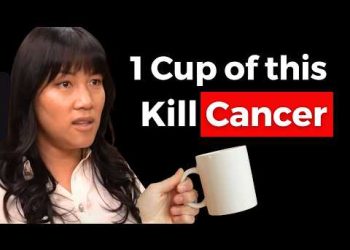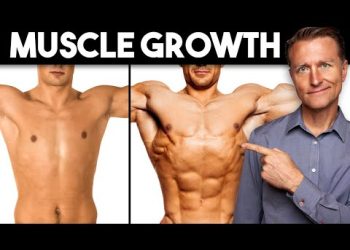Introduction: The Rise of “Ika” Experts
In today’s ever-evolving digital landscape, understanding who to trust can be a daunting task, especially when it comes to health and wellness advice. The increasing presence of “Ika” experts—individuals claiming to have all the answers without proper credentials—has muddied the waters. Let’s delve into the ways these self-proclaimed gurus operate and how you can protect yourself from their questionable claims.
The Exploitation of Gray Zones
“Ika” experts thrive in gray zones of medicine, areas where science hasn’t provided a definitive answer yet. Historically, this has included topics like weight loss supplements and, more recently, anti-aging solutions. They capitalize on the uncertainty, often providing unproven, sales-driven advice that appears convincing but lacks scientific backing.
The Danger of Miracle Cures
Whether it’s weight loss supplements or miracle cures for emerging diseases like COVID-19, “Ika” experts are quick to offer solutions that sound too good to be true. Their pitches fail when science catches up and offers concrete, evidence-based solutions. This cycle is a critical pattern to recognize.
Marketing Anti-Aging Myths
The anti-aging market has been a lucrative target for these experts. By framing aging as a disease to be cured rather than a natural process, they sell products that promise to “reverse aging” despite little-to-no scientific support. Consumers are led to believe in these promises, often at a significant financial cost.
Exploiting the Healthcare System’s Shortcomings
“Ika” experts often prey on those disillusioned by the traditional healthcare system. They highlight real systemic issues—such as misdiagnoses or lack of personalized care—and offer what appear to be better, customized solutions. However, these solutions are often accompanied by expensive price tags and lack robust evidence.
The Role of Celebrity Endorsements
A powerful tactic used by these “gurus” is leveraging celebrity endorsements. For example, health changes purportedly made by public figures like Dana White draw attention but also skepticism. Such endorsements help spread messages quickly through social media, reaching larger audiences.
The Case of Gary Brecka
Gary Brecka, despite not being a licensed doctor, claims to transform lives with his health advice. His methods, though, have come under scrutiny for being dramatized or overstated. This example illustrates the importance of verifying the qualifications of those providing medical advice, especially when celebrity endorsements are involved.
Questionable Health Claims
Brecka’s claims about health diagnoses from blood tests are an example of controversial medical advice. Without actual medical qualifications, such assertions can be misleading and even harmful. The complexity of health issues like migraines or depression cannot be simplified into one-dimensional causes such as sodium deficiency, as he suggests.
The Flaws in His Arguments
Many of Brecka’s claims, such as headache causes or serotonin levels defining depression, show a lack of understanding of medical complexities. Being upfront about unknowns and the multifactorial nature of conditions is vital to truthful health discussions, an area Brecka falls short in.
Consumer Caution in the Face of “Expert” Advice
For individuals seeking health advice, skepticism should be a key approach when engaging with information, especially online. Whether it’s celebrity endorsements or miracle product promises, ensure the advice aligns with scientifically supported and medically reviewed facts.
Conclusion: Defending Against Misinformation
Understanding the red flags of “Ika” experts can protect consumers from falling into misinformation traps. It’s essential to be critical of medical advice lacking professional credibility, ensure claims have solid evidence, and remember that basic healthy lifestyle changes often do more for well-being than costly “breakthrough” solutions.











